Public health is...
Public health is everything we do, as a society, to help people live longer, healthier lives. It’s the reason your water is safe to drink, your kids need vaccines for school, and restaurants post health inspection grades. It’s tracking viruses before they spread, preparing for hurricanes, and making sure communities have the tools to recover after disasters. Public health professionals work behind the scenes to prevent disease, protect people from environmental hazards, and ensure health care systems are ready when we need them. It’s not about treating one person at a time—it’s about protecting all of us, everywhere, every day. From preventing opioid overdoses to improving nutrition in school lunches, public health makes life safer, cleaner, and healthier. You don’t always see it, but you benefit from it constantly. When public health is strong, we thrive. When it’s underfunded or ignored, we all feel the consequences. That’s why public health matters—and why we need more people to keep this vital work going.

Paid Sick Leave
Policy-driven sick leave increases cancer screening rates and can help save lives.
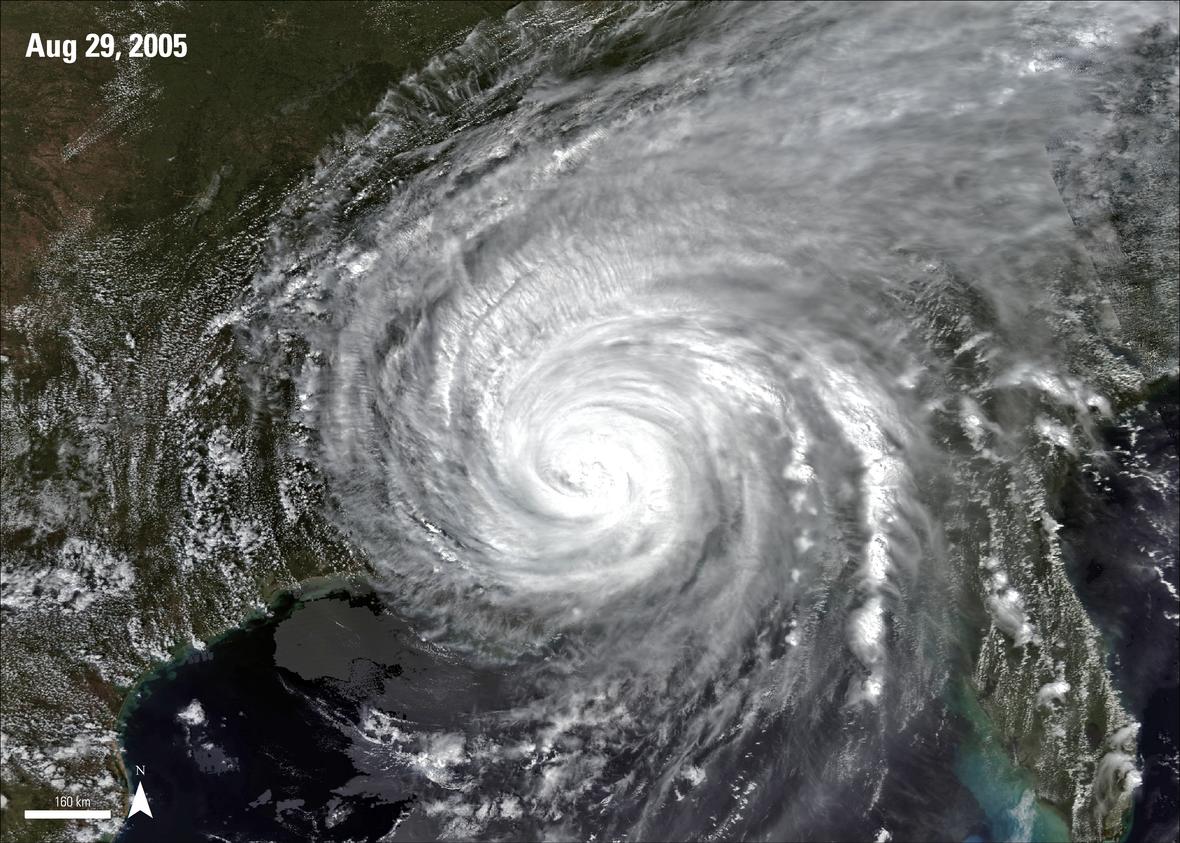
Understanding the impacts of Hurricane Katrina
Community is a key factor in determining successful post-storm recovery
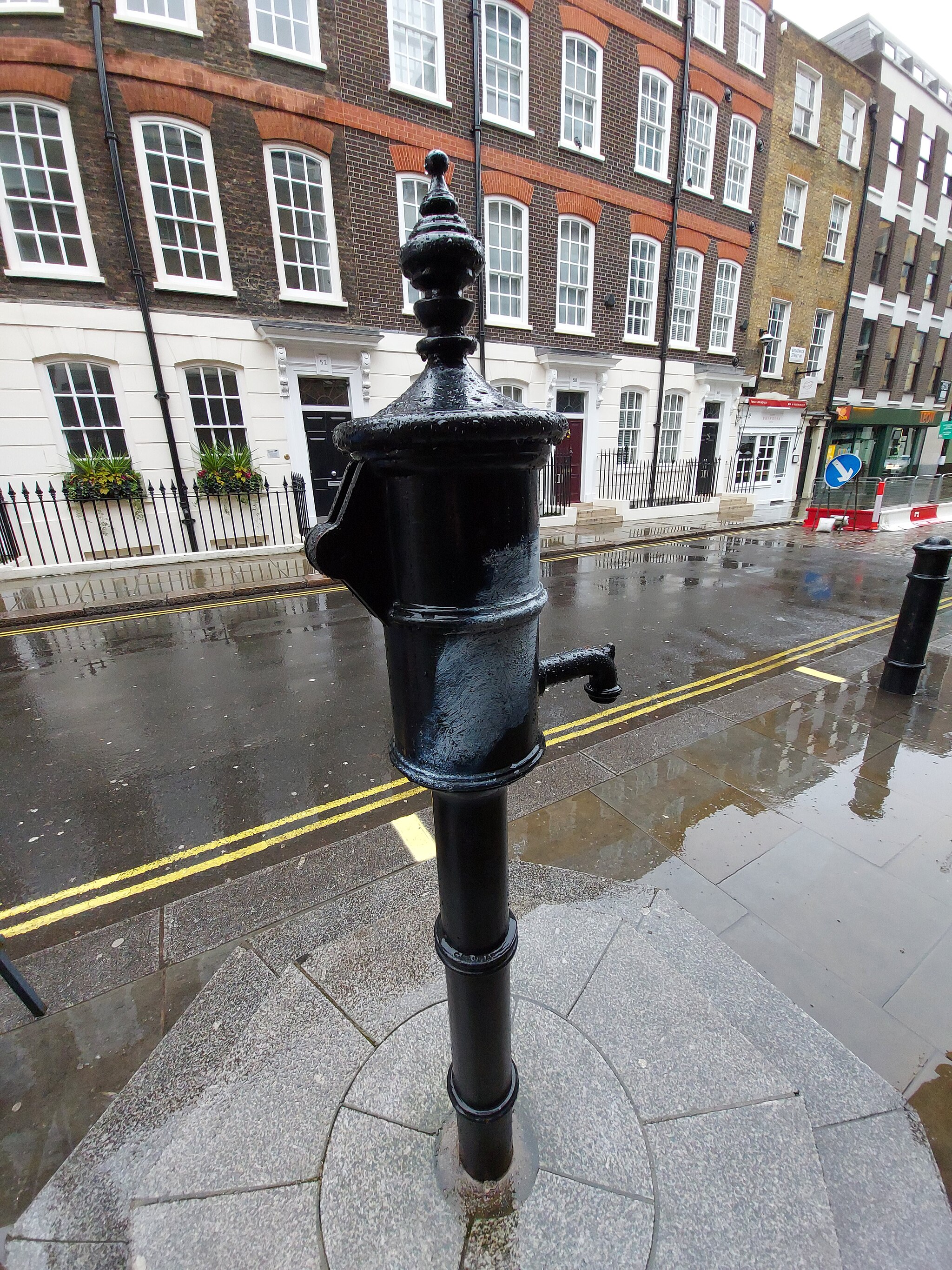
Controlling the spread of cholera
British Dr. John Snow discovered that a community water pump handle was the root cause of a cholera epidemic.
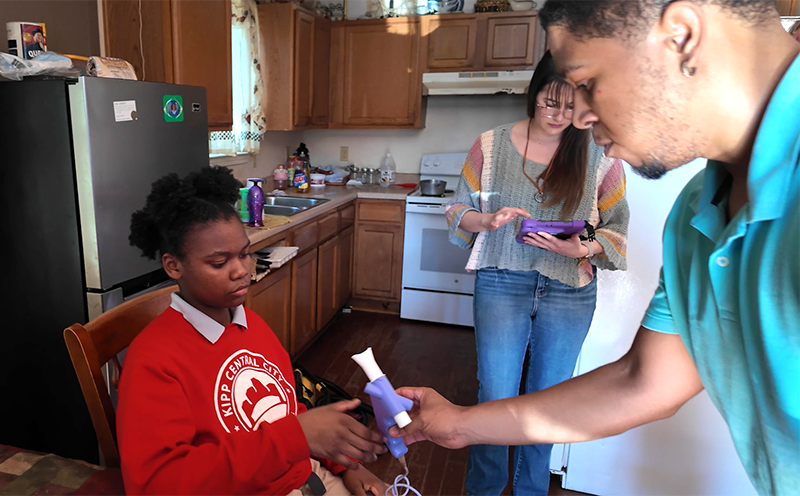
Reducing allergens in the home
Understanding the role of household allergens in health
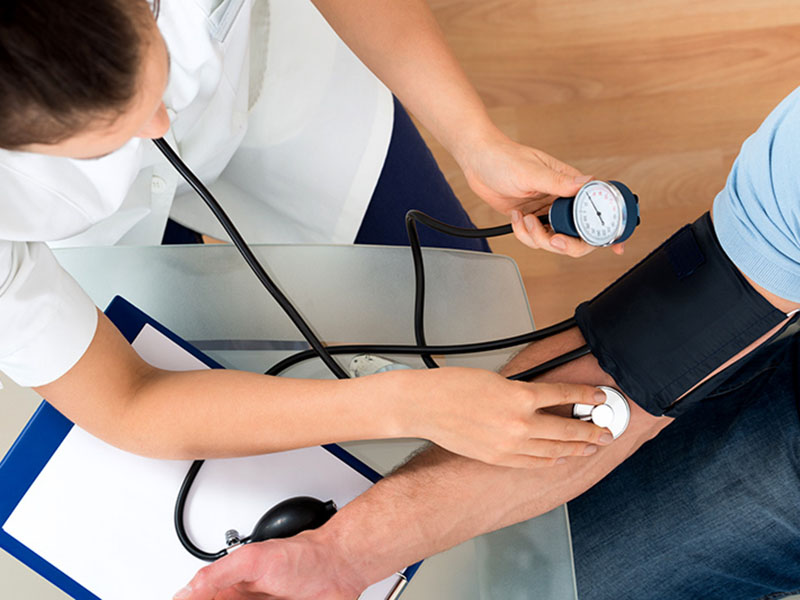
Reducing cardiovascular disease
Heart disease is the leading cause of death around the world
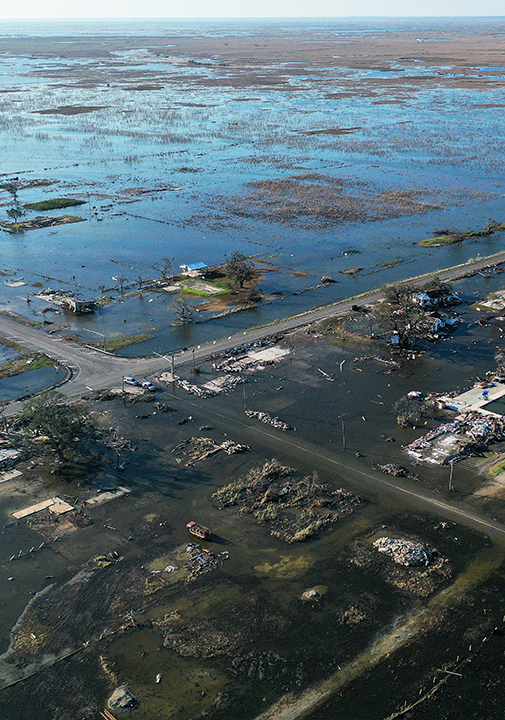
Understanding How Climate Impacts Health
From decreased air quality to water insecurity.
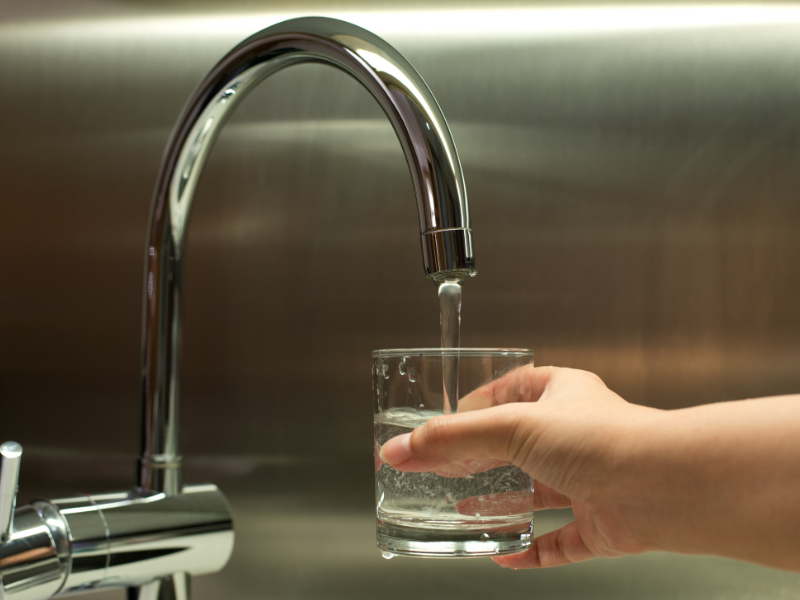
Safe Drinking Water
Preventing contamination and promoting access
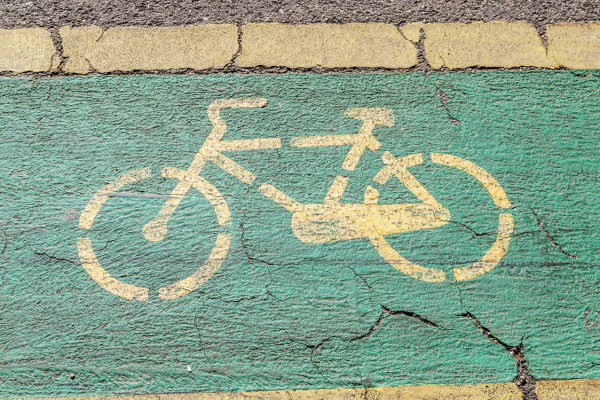
Bike Lanes & Safe Streets
Making walking and biking safer.
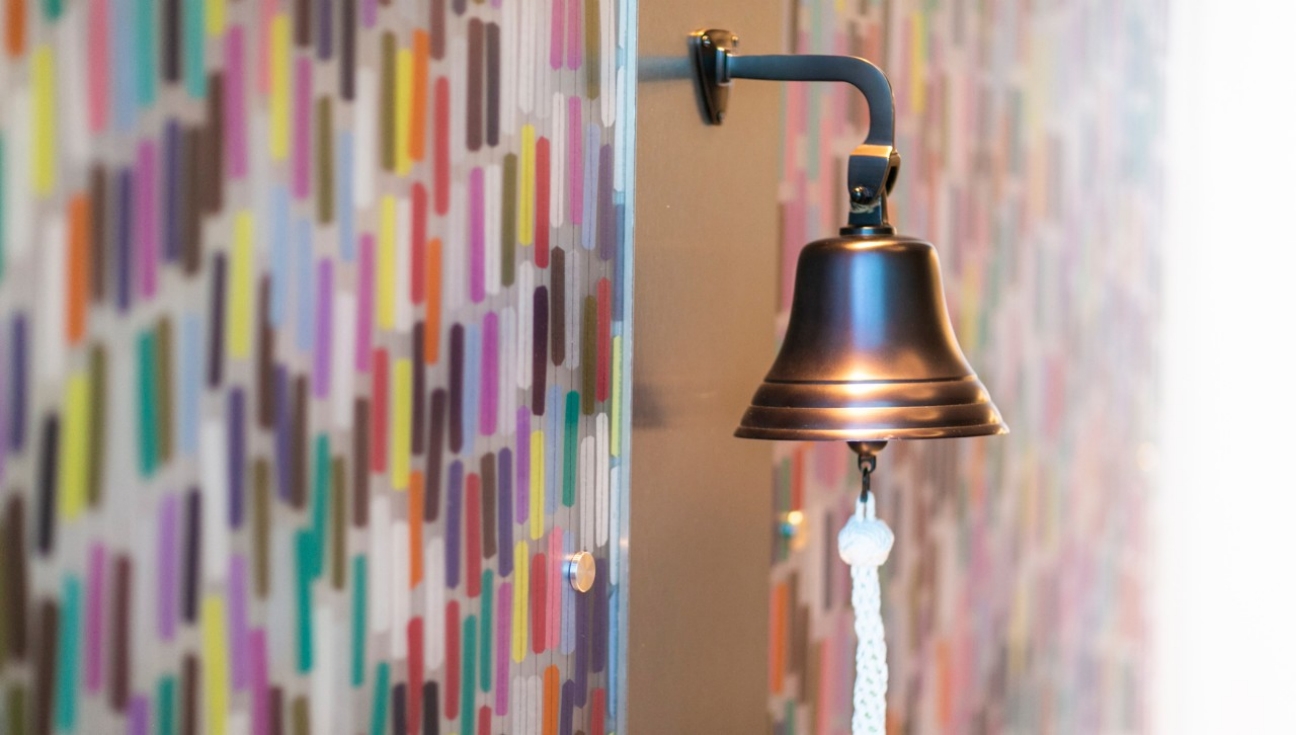
Cancer Prevention
Louisiana cancer rates are the fifth highest in the nation.
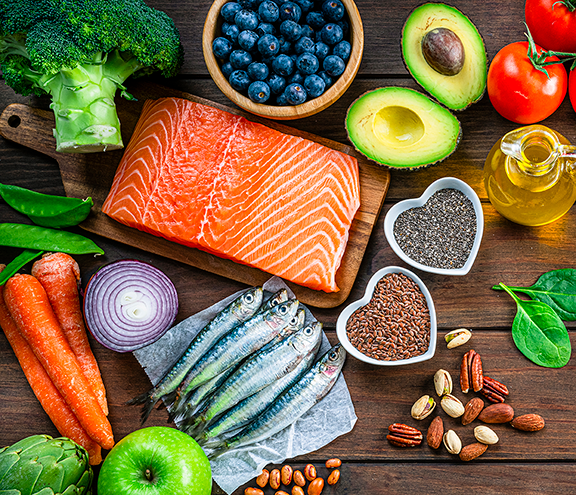
Heart Healthy Nutrition
Good nutrition promotes lifelong health
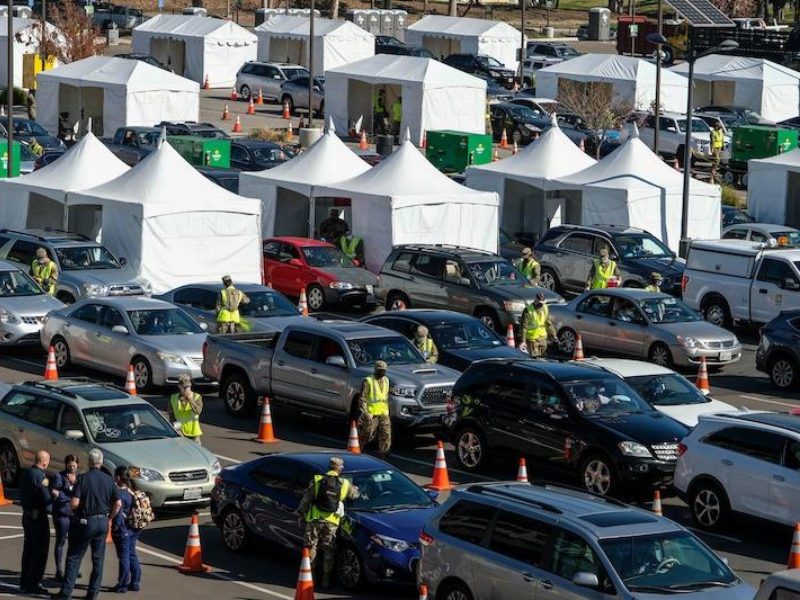
Preparedness & Disaster Management
Readiness for fires, pandemics, and more.

Maternal and Child Health
Protecting the family protects the future.
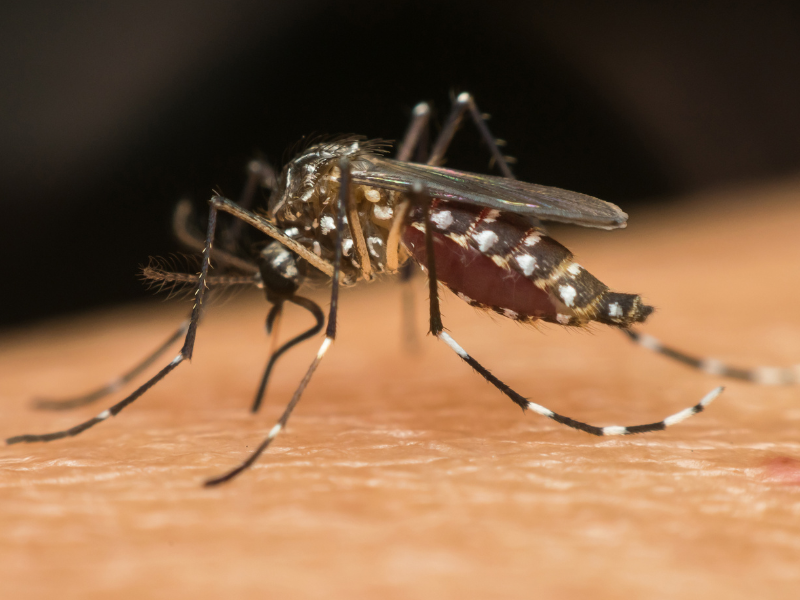
Controlling mosquitoes
Warming temperatures increase mosquito populations.
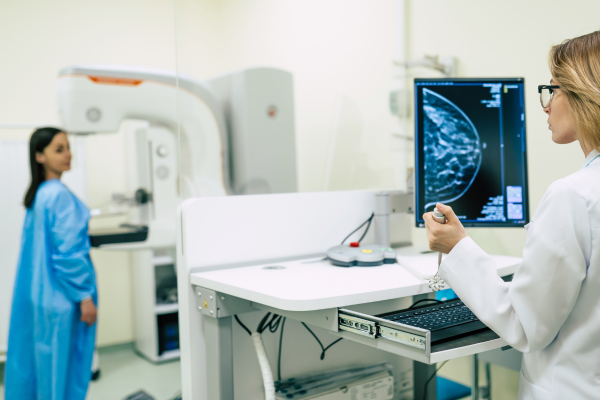
Accessible Mammograms
Mammograms are crucial to detecting and diagnosing breast cancer.
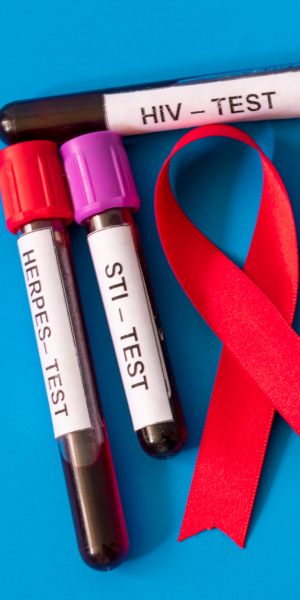
Curbing STI Outbreaks
Preventing outbreaks saves more people.
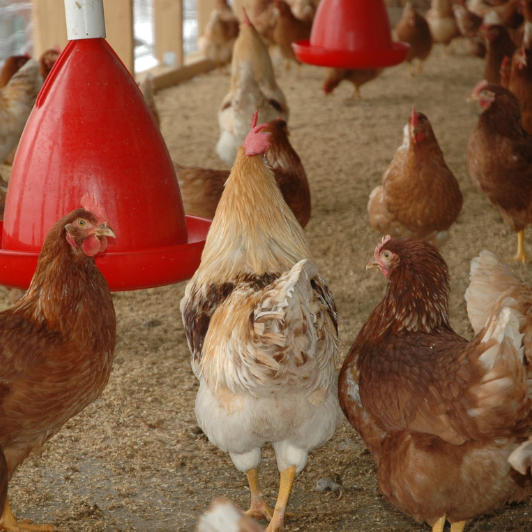
Tracking Bird Flu
It involves more than the price of eggs.
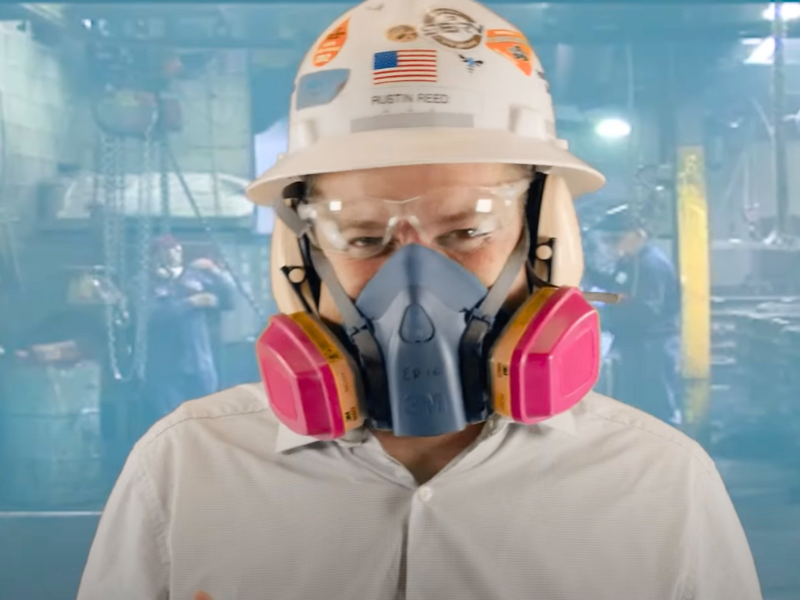
Protecting Worker Health
Lowering risk to increase productivity
